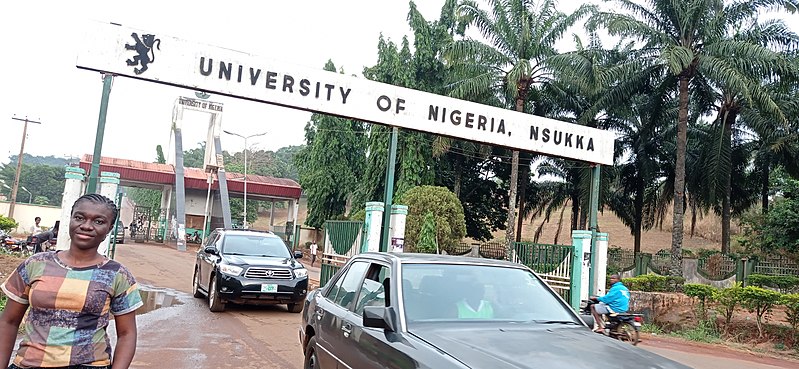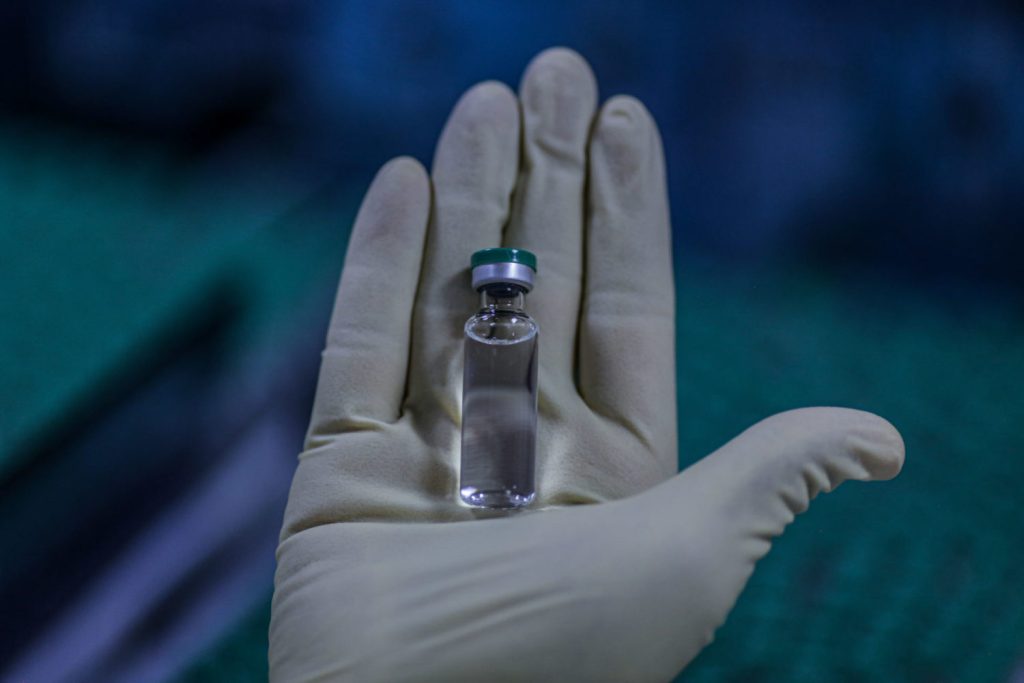According to reports, the University of Nigeria Nsukka (UNN) in Enugu State has inaugurated a Vaccine Research Centre (VRC) for the development of vaccines targeting diseases that have a significant impact on Nigeria and Africa.
The centre, situated at the Coal City Garden Estate in Enugu, was financed by the United States National Health Institute and the Bill and Melinda Gates Foundation.
Professor Charles Igwe, the Vice Chancellor of UNN, expressed satisfaction during the inauguration on Tuesday, noting that the centre, established in 2018, has now become a reality despite enduring the challenges posed by the COVID-19 pandemic and prolonged strikes by the Academic Staff Union of Universities (ASUU).

Professor Silva Anika, the Director of the VRC, outlined that the centre will undertake training, research, development, and production of vaccines targeting prevalent yet neglected tropical diseases affecting both humans and animals. He emphasised the importance of forging partnerships with national and international entities to ensure a positive global impact.
He said, “Through partnerships with governments, international organisations and the private sector, we intend to translate these investigations into widespread programmes that will save lives and improve livestock health and production. This centre strengthens our university’s traditional role of solving the biggest challenges that face Nigeria in particular and Africa in general, through scientific inquiry and discovery.
“It is also a major step towards self-reliance in healthcare and I am confident that with the dedication of our researchers and support from all levels of government, this centre will achieve major breakthroughs that will improve human and animal health for generations to come.’’
The emeritus professor, however, disclosed that the centre had attracted about $1 million worth of equipment, many of which required a steady power supply.

Veterinarian and researcher Dr Chinwe Chukwudi stated that the Vaccine Research Centre will serve to diagnose various diseases, including cancer. She highlighted that the centre has commenced research into Human African Trypanosomiasis (HAT), commonly known as sleeping sickness, which is widespread in the country.
Furthermore, she appealed to medical students, urging them to utilise the facility for their studies and to contribute to the sustainability of the centre.


